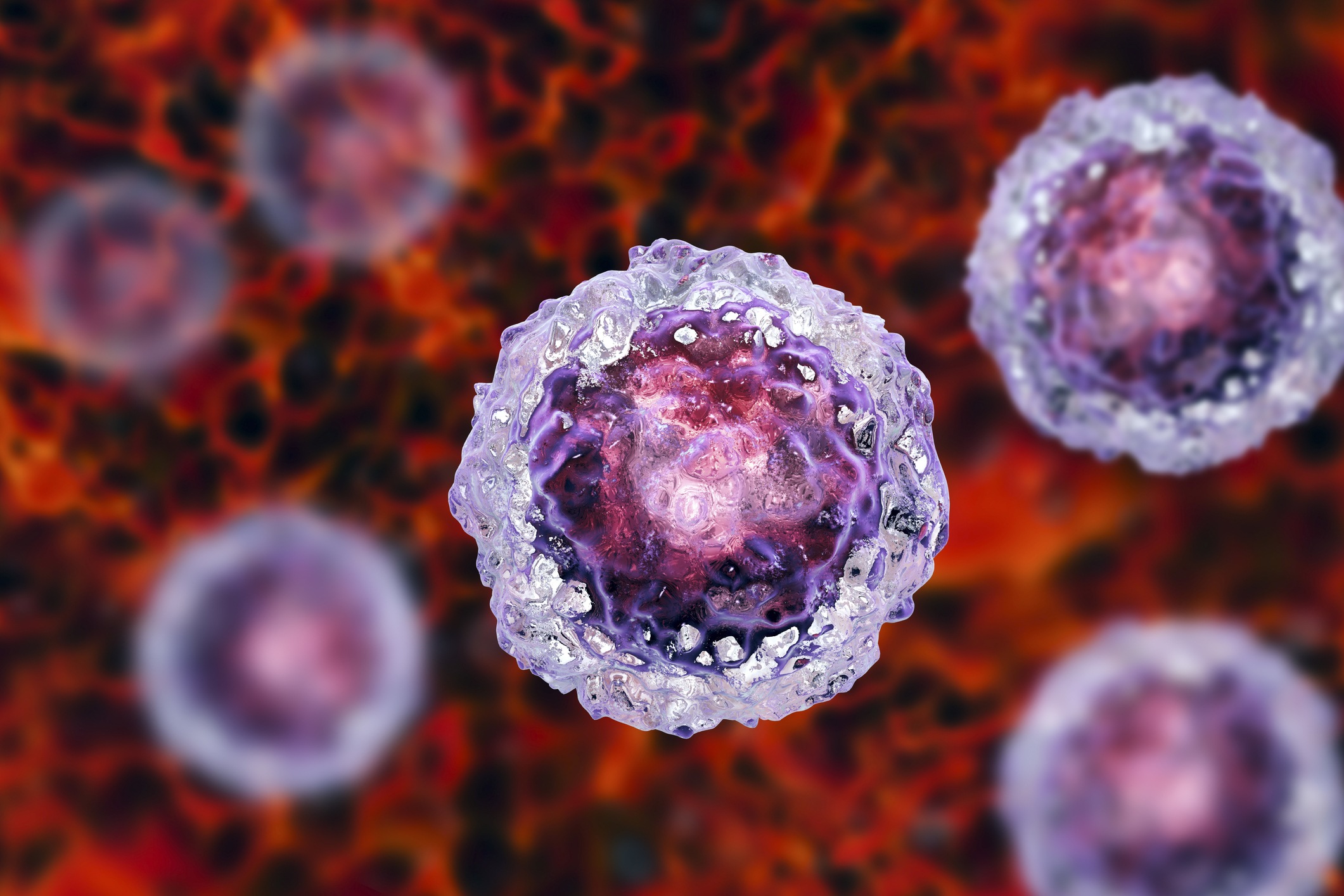
In a first-of-its-kind procedure, a team of Japanese researchers announced this week that they had successfully transplanted stem cell-derived cardiac muscle cells into a human patient.
The announcement, from a team based in Osaka University, sought to evaluate the safety and efficacy of using induced pluripotent stem (iPS) cells to grow cardiac tissue, and then implant that tissue into a damaged heart. The research team aimed to transplant the iPS-grown cells into 10 patients over the course of three years. The first transplant was a success, with the patient (who had hypertrophic cardiomyopathy) moving into a general ward for follow-up care.
“I hope that (the transplant) will become a medical technology that will save as many people as possible, as I’ve seen many lives that I couldn’t save,” Yoshiki Sawa, a professor in the Osaka University cardiovascular surgery unit, said in a press report.
Using the Patient’s Own Stem Cells…
The team achieved this by extracting the stem cells from the patient’s blood or skin, and “reprogrammed” them, reverting them to their embryonic-like pluripotent initial state. From there, the cell can be coaxed into becoming many different kinds of cells, with the researchers directing it to create cardiac tissue. The cells were then placed on degradable sheets (each 4-5 cm wide and 0.1 millimeter thick) that were implanted on the patient’s heart, where they went on to produce and secrete proteins that help regenerate blood vessels, thereby improving overall cardiac functionality. The patient will be monitored over the course of one year.
One of the potential hurdles, at least in Japan where these stem cell studies are being conducted, involve evaluating the probability of cancer with the transplantation of 100 million cells per patient (which could include tumor cells). The researchers decided to conduct a clinical trial rather than a study to fast-track approval clinical applications to the Japanese health ministry.
https://twitter.com/TheSciencePlug/status/1222495156273733632
If the procedure has the desired effect, it could eventually eliminate the need for some entire heart transplants. https://t.co/ARR7NYS04U
— Priya Florence Shah (@PriyaFlorence) January 29, 2020
Will this be the future for organ transplants?https://t.co/q9p12Lnh2L pic.twitter.com/0qfIAVDoTT
— Marcus Robertson (@MarcRob_) January 29, 2020
Lab-Grown #Heart muscles, have been #transplant(ed) for the first time! Yay #science!!!https://t.co/dvhAl4ZOyY
— J (@Justweeterin) January 29, 2020


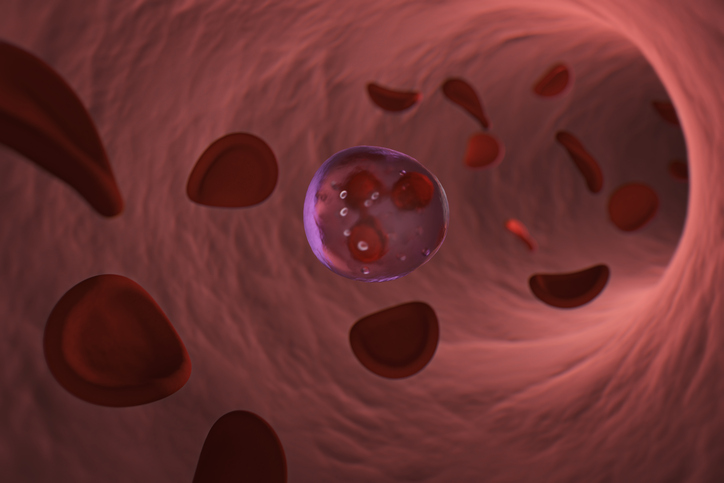
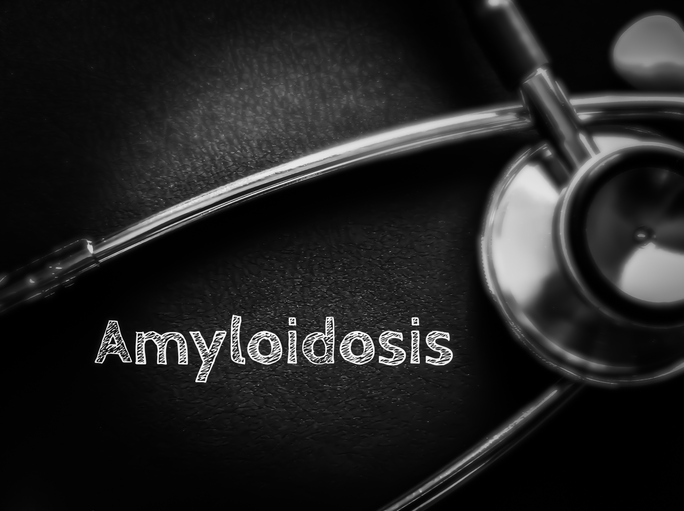
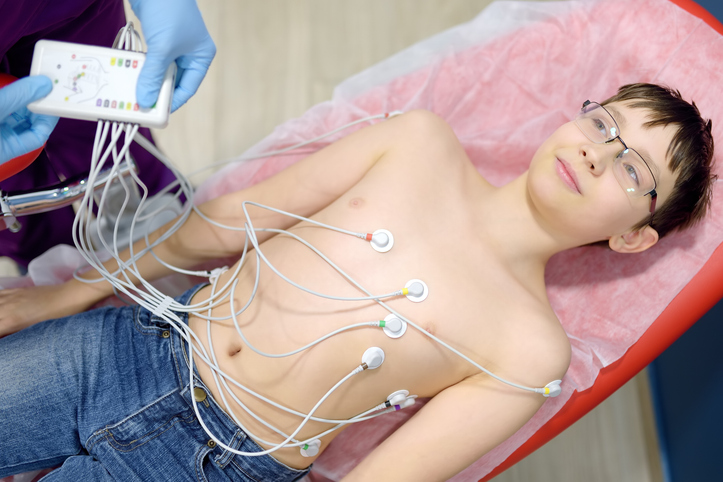
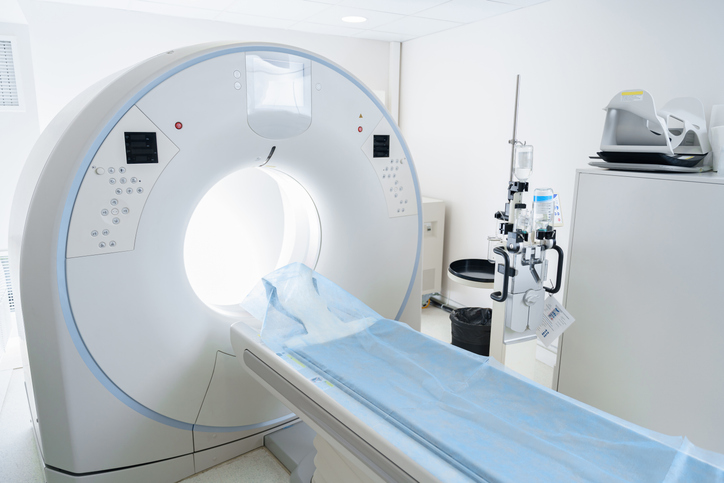

 © 2025 Mashup Media, LLC, a Formedics Property. All Rights Reserved.
© 2025 Mashup Media, LLC, a Formedics Property. All Rights Reserved.